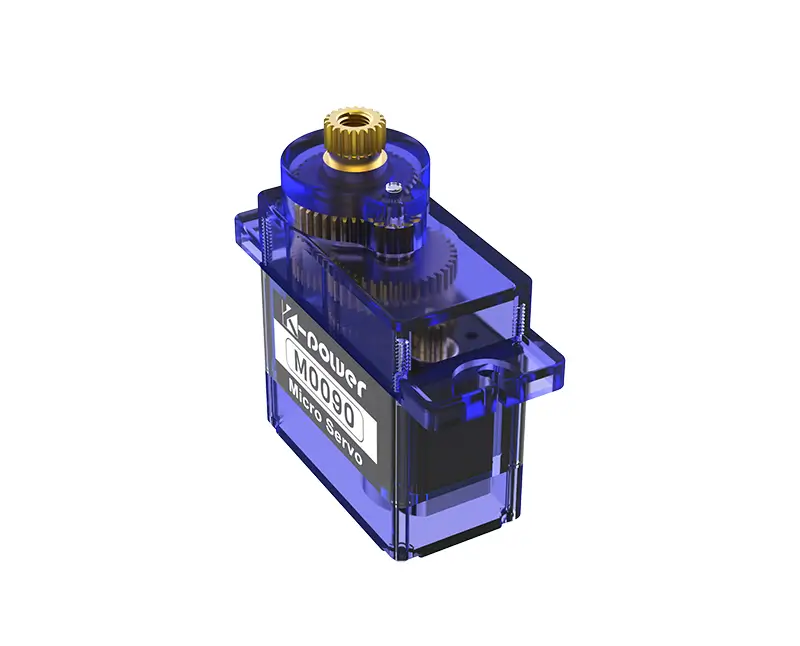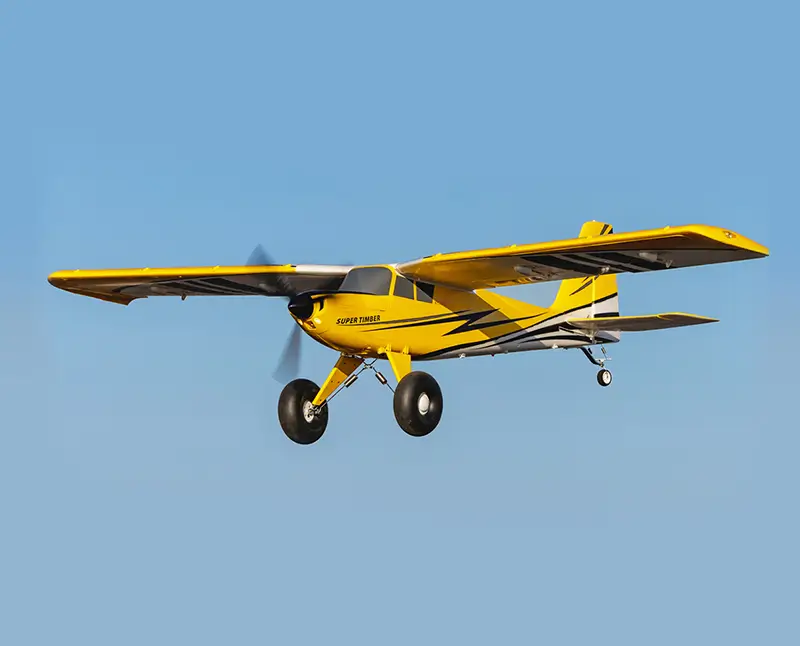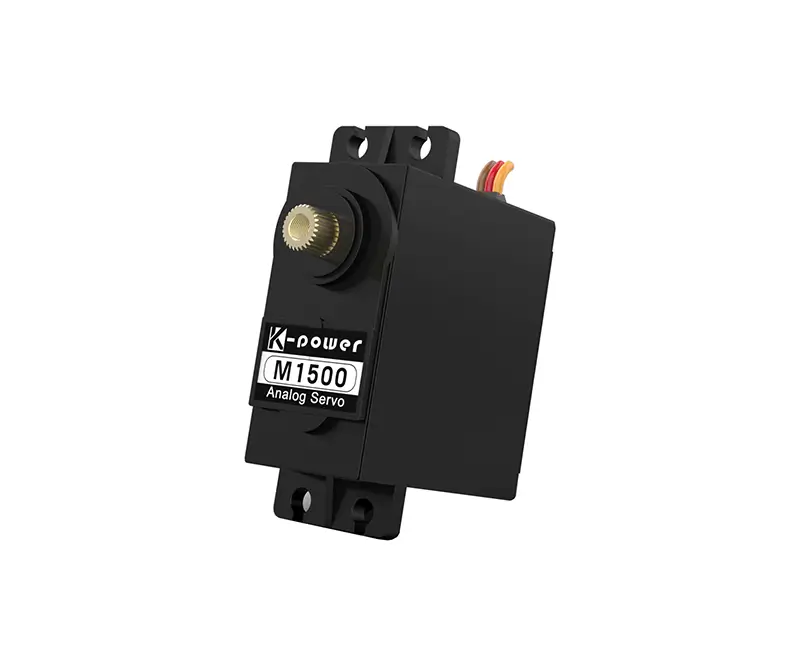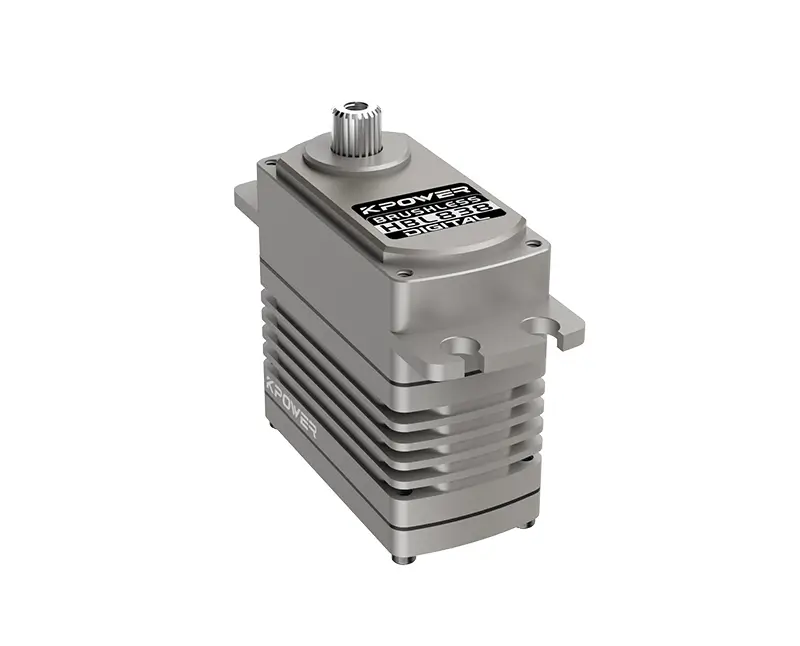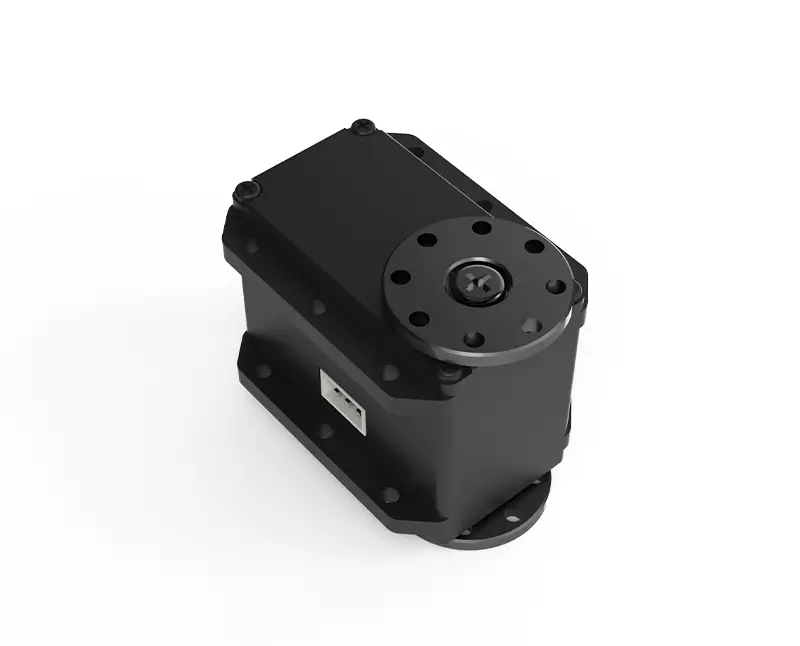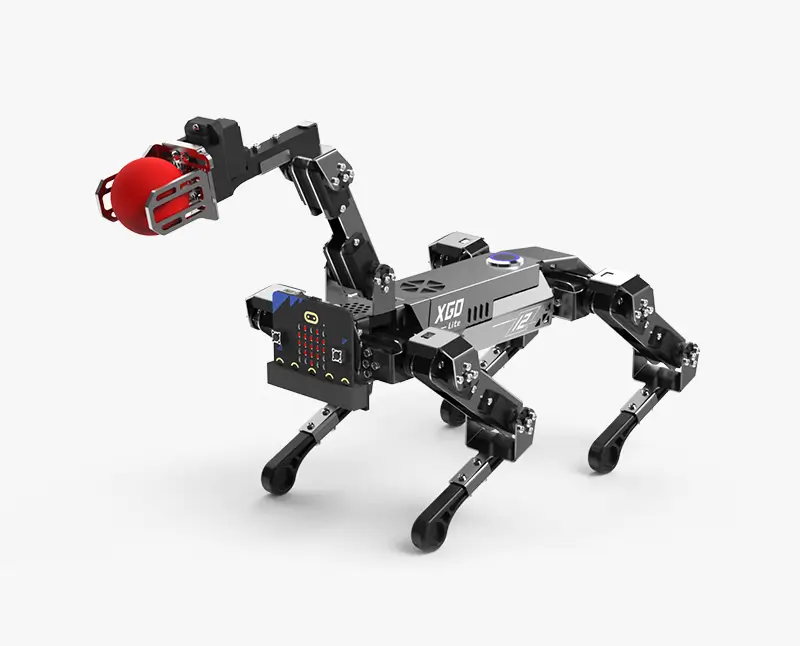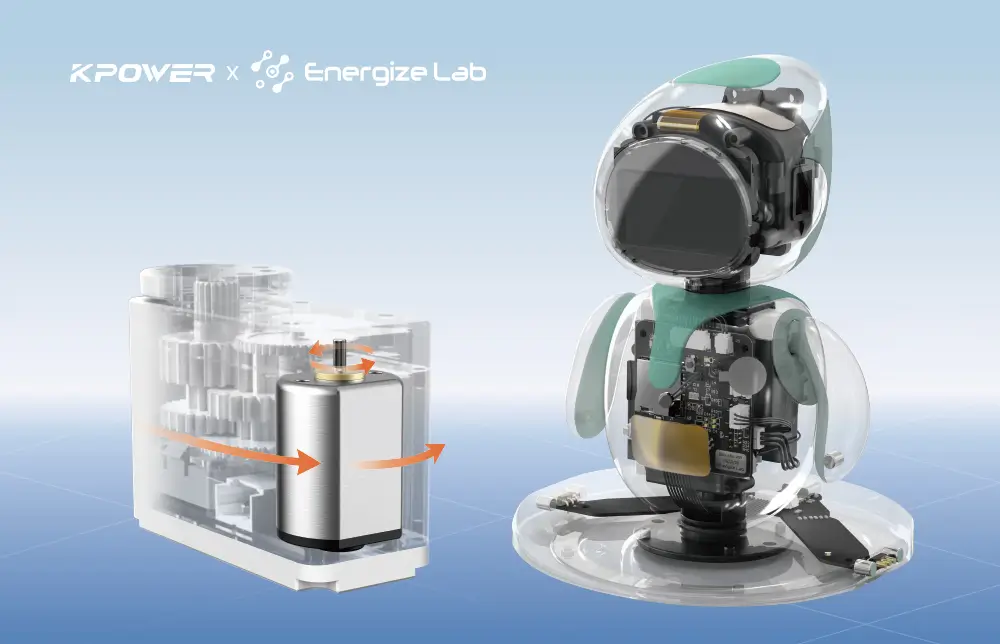The Heartbeat of Your RC Plane: Why Servos Matter
When it comes to RC planes, servos are the unsung heroes. These tiny devices translate your transmitter’s commands into precise movements, controlling everything from ailerons and elevators to rudders and flaps. A poorly chosen servo can turn your dream flight into a nightmare—think mid-air failures, sluggish responses, or even crashes. But with the right servo, your plane will dance through the skies with agility and grace. So, how do you pick the best servo for your RC plane? Let’s dive in.
.webp)
Key Factors to Consider
Torque: The Muscle Behind the Movement Torque, measured in ounce-inches (oz-in) or kilogram-centimeters (kg-cm), determines how much force a servo can exert. For larger planes or high-stress surfaces (like elevators on a 3D aerobatic model), you’ll need higher torque. Smaller trainers or gliders may get by with less. Rule of Thumb: Aim for at least 3 oz-in of torque per pound of aircraft weight.
Speed: Precision Meets Responsiveness Speed, measured in seconds per 60-degree rotation, dictates how quickly your plane responds to controls. A fast servo (0.10–0.15s) is critical for aerobatics, while scale models might prioritize smooth, slower movements.
Size and Weight: Fit for Purpose Servos come in standard sizes: micro, mini, and standard. Always match the servo to your plane’s specifications—oversized servos add unnecessary weight, while undersized ones risk burnout.
Durability: Built to Last Look for metal gears over plastic for high-impact applications. Waterproof or dustproof coatings (e.g., SW-0250MG) are a bonus for rough environments.
Types of Servos: Analog vs. Digital vs. HV
Analog Servos: Affordable and reliable, these are ideal for beginners or low-stress setups. However, they lack the precision of digital options. Digital Servos: Faster, more accurate, and capable of holding positions under load. Perfect for 3D flying or competition models (e.g., Spektrum A6300). High Voltage (HV) Servos: Designed for 7.4V LiPo batteries, HV servos like the Hitec HS-7955TG deliver unmatched power and speed, but require compatible electronics.
Top Servo Recommendations by Plane Type
Trainer Planes: Hobbyking HK-15178 (Budget-friendly, 4.8kg-cm torque). Aerobatic/3D Models: SV-1270TG (Digital, 16.6kg-cm torque, 0.07s speed). Scale Warbirds: Futaba S9177SV (HV, waterproof, 13kg-cm torque).
Advanced Considerations for Seasoned Pilots
Once you’ve mastered the basics, it’s time to explore advanced features that elevate performance.
Gear Material: Nylon vs. Metal vs. Titanium
Nylon Gears: Lightweight and quiet but prone to stripping under stress. Best for lightweight foamies. Metal Gears (Aluminum/Steel): Durable and reliable for most applications. The Spektrum A5060 is a standout. Titanium Gears: The gold standard for heavy-duty use, offering strength without added weight (e.g., HV777).
Programmability and Customization
High-end servos like the FrSky D25MA allow you to adjust endpoints, center position, and even force feedback. This is invaluable for complex setups like multi-engine planes or retractable landing gear.
Brand Reputation: Trust Matters
Stick with established brands like Futaba, Hitec, , or Spektrum. They offer consistent quality, warranties, and customer support. Avoid obscure brands—unless you enjoy gambling with your $500 airframe!
The Ultimate Buying Guide
Budget vs. Performance Budget (Under $20): Emax ES08MA II (Metal gear, 4.8V). Mid-Range ($20–$50): SH-0255MG (Waterproof, 6.0V). Premium ($50+): Futaba BLS172SV (Ultra-precise, 7.4V).
Where to Buy Specialty RC retailers (Horizon Hobby, AMain Hobbies) offer expert advice, while Amazon provides quick shipping. Forums like RCGroups are goldmines for user reviews.
Installation Tips
Always use rubber grommets and brass eyelets to reduce vibration. Secure wires with zip ties to prevent snagging. Test servos before final assembly—check for jittering or overheating. Maintenance 101 Regularly inspect gears for wear. Lubricate metal gears with silicone grease. Store planes in a dry, temperature-controlled environment.
Final Thoughts: Soar with Confidence
Choosing the best servo isn’t just about specs—it’s about matching your plane’s needs to your flying style. A $100 servo might be overkill for a weekend foamy but a lifesaver for a competition jet. Invest wisely, maintain diligently, and your RC plane will reward you with countless hours of sky-high joy. Now, gear up, throttle up, and let your servo-powered adventure begin! 🛩️✨


































.webp)
